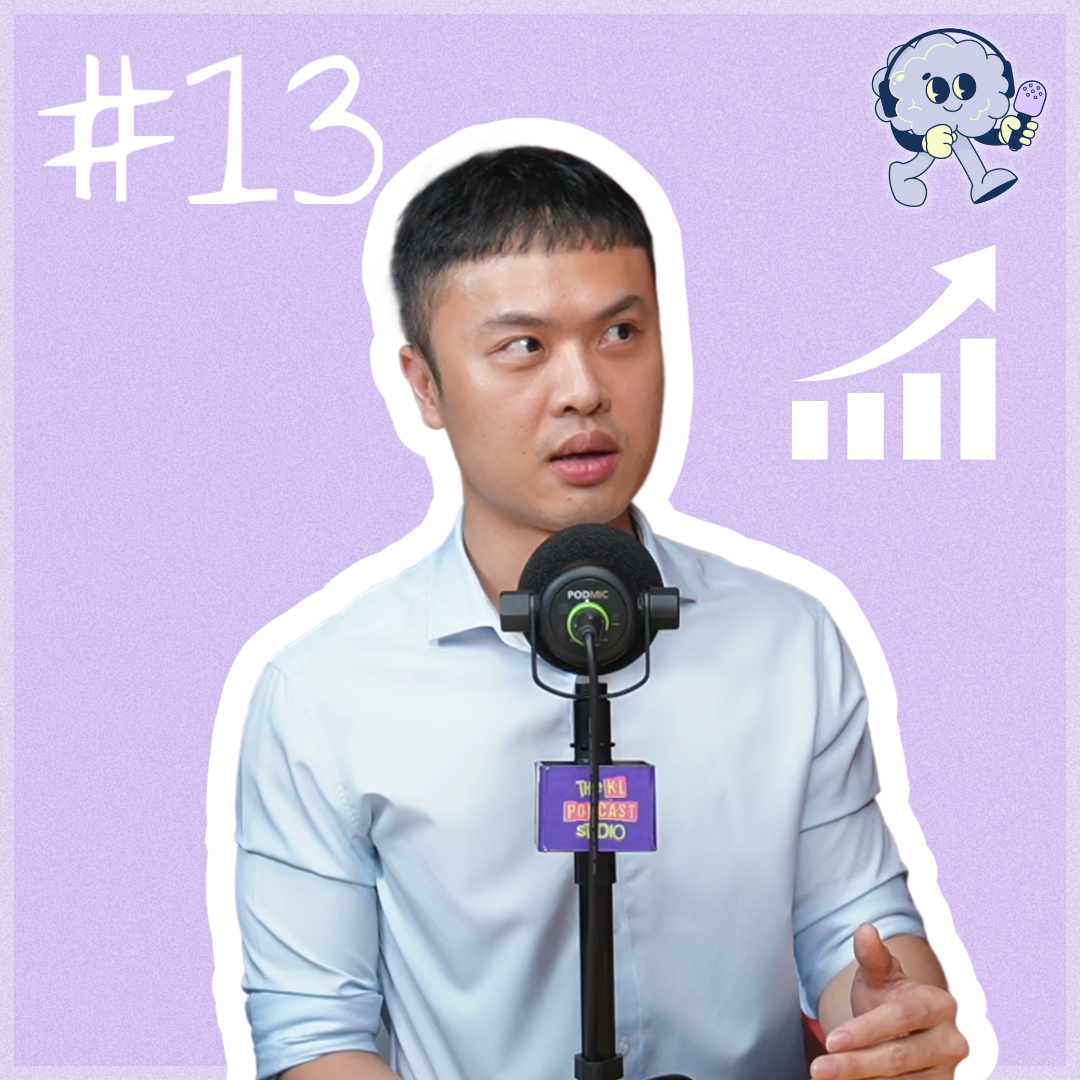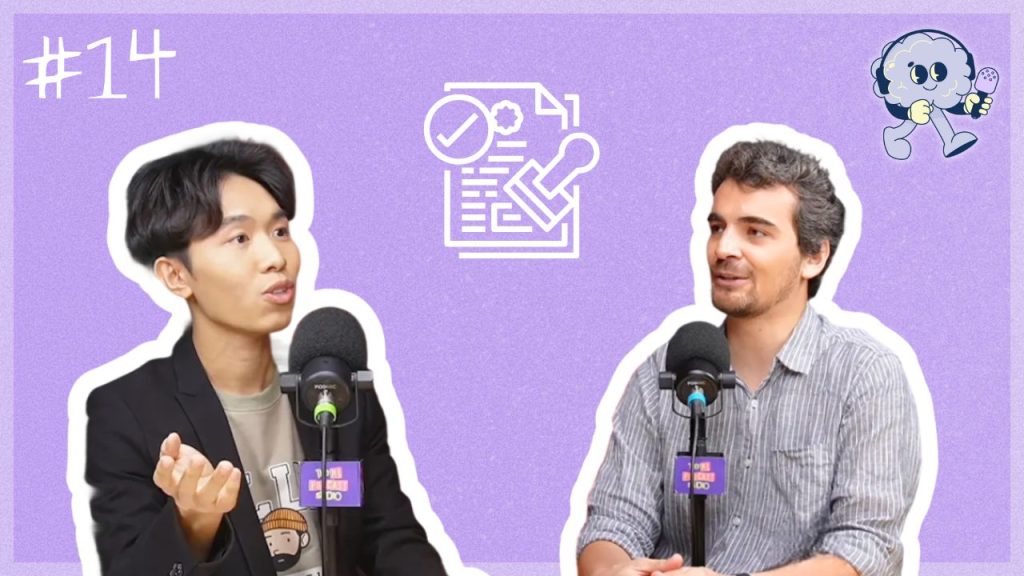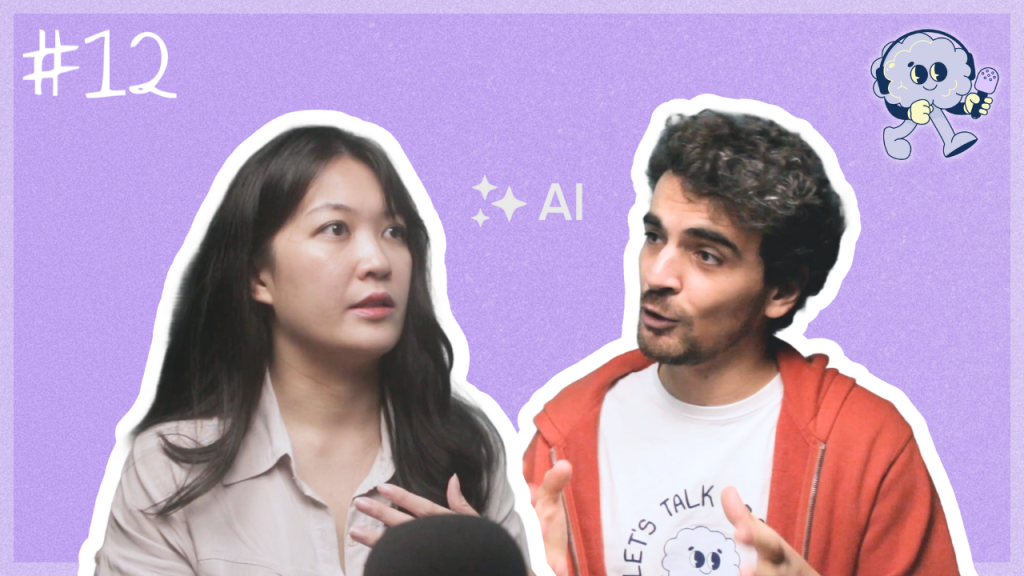Introduction
How much should therapy cost in Malaysia – and why does it matter for the future of the profession?
In this episode of the Let’s Talk About It Podcast by SafeTalk, co-host Shavkat speaks with Jun Wei, a licensed counsellor and PhD candidate at the University of Hong Kong, about the realities of running a sustainable therapy practice. He explores the hidden costs therapists face, the emotional impact of undercharging, and why communicating the value of therapy is essential – not just for income, but for the health of the entire profession.
Guest Introduction
Jun Wei is a licensed counsellor specialising in working with LGBTQ clients. He has presented his research and clinical work at top international counselling and LGBTQ conferences and runs a small-scale online private practice.
Known for his candid advocacy on LinkedIn, Jun Wei often speaks about burnout, fair pricing, and the systemic changes needed in Malaysia’s mental health field.
Key Discussion Points
- The Hidden Costs of Therapy
Most therapists calculate fees based on session time – but Jun Wei warns this is misleading. A one-hour session often comes with extra unpaid work: replying to client emails, writing case notes, preparing intake forms, paying for supervision, training, insurance, accounting, website hosting, Zoom subscriptions, and even payment gateway fees. - The Guilt of Charging Fairly
Therapists often feel guilty about charging higher fees, viewing their work as a noble service. Jun Wei challenges this mindset: if people pay thousands for a weekend course that “lets them cry,” why undervalue qualified therapy that offers evidence-based healing?
Instead of focusing on justifying costs, he encourages therapists to communicate value – how their training and approach directly help clients. - The Downward Spiral of Low Fees
Undercharging can trigger a dangerous loop:
Low fees → Skipping supervision → Declining service quality → Public mistrust of therapy. Without proper supervision, therapists risk stagnating in their skills, which can hurt clients and the profession’s reputation. - Finding and Communicating Your Value
Many therapists list qualifications on their website, but clients often do not understand technical terms like “Emotion Focused Therapy.”
Jun Wei’s advice:- Translate qualifications into practical benefits (“This training helps me guide you through intense emotions in a safe, structured way.”)
- Avoid competing solely on being “affordable.”
- Develop a niche – specialising in one client group or issue can set you apart and make your value clear.
- Sustainability and the Future
Jun Wei calls for a cultural and policy shift – including revisiting outdated fee caps set by Lembaga Kaunselor in 2012. Letting the market determine rates based on skill and demand, he believes, would encourage excellence and reduce burnout.
Conclusion
Therapy in Malaysia is at a crossroads – either continue the cycle of undercharging and burnout, or build a sustainable profession where therapists thrive and clients receive quality care. As Jun Wei reminds us, true change begins when therapists recognise their value and communicate it with clarity and confidence.
Listen to the Full Episode
The Let’s Talk About It Podcast by SafeTalk dives into mental health topics that aren’t often discussed. Join us for candid conversations with experts and individuals with lived experiences.
🎧 Listen now on our YouTube channel, Spotify, and Apple Podcasts. Follow us on social media for updates!
You can also listen to it on Spotify:
You can also listen to it on Apple Podcasts:





